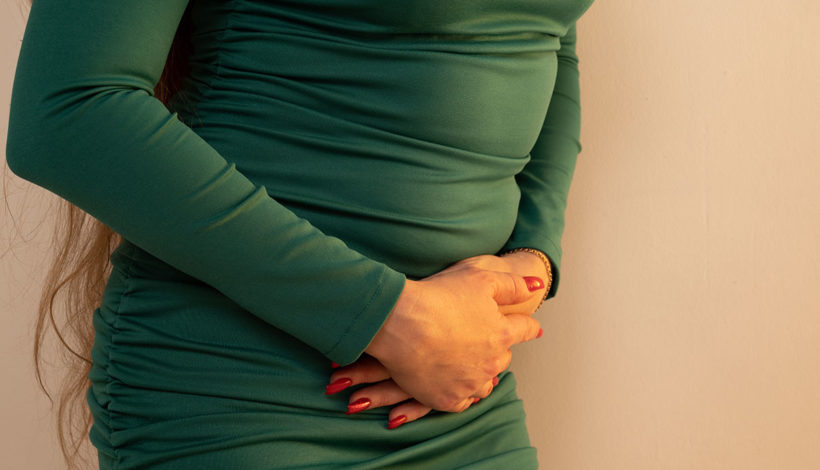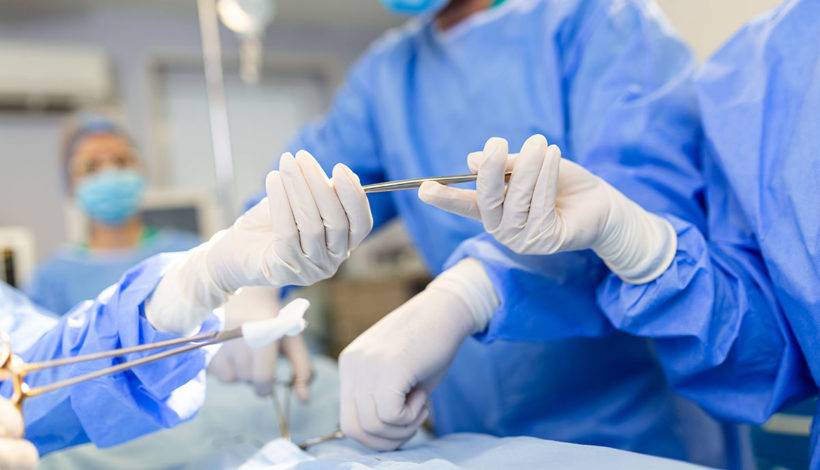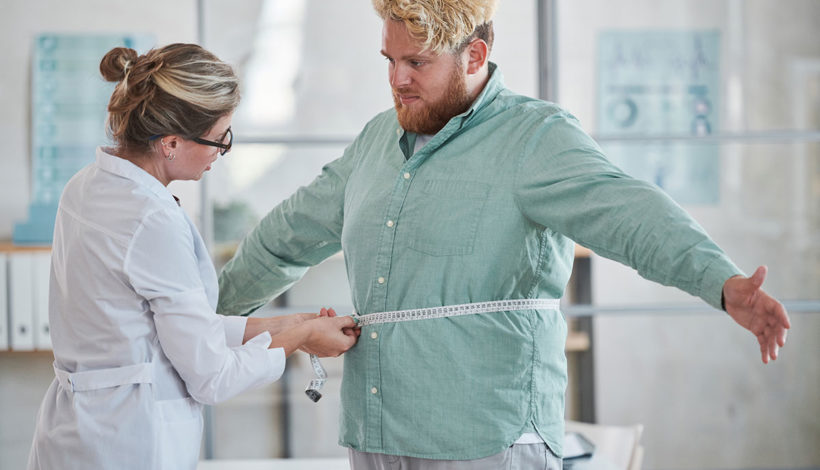Constipation is normal immediately after bariatric surgery and will resolve on its own within six months. Constipation is more common after sleeve gastrectomy and less common after gastric bypass and mini-gastric bypass surgery.
In most cases, constipation is caused by small food portions, high-protein liquid meals, low-fibre foods, not drinking enough water and lack of exercise, but it can also be a side effect of medications (opioids) and food supplements (iron and calcium). Over time, the quantity and content of meals will change, the digestive tract will become used to the circumstances and the bowel movements will return to normal.



